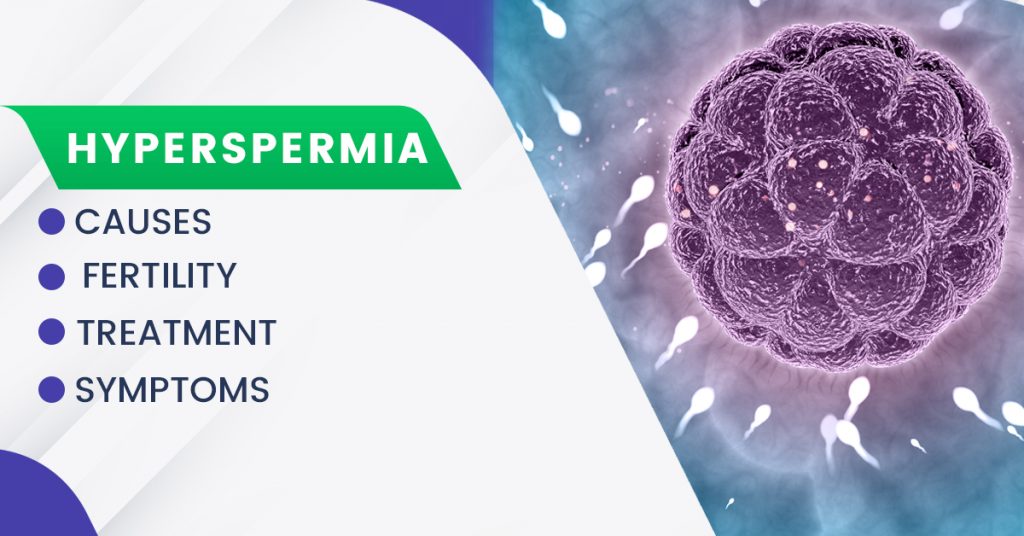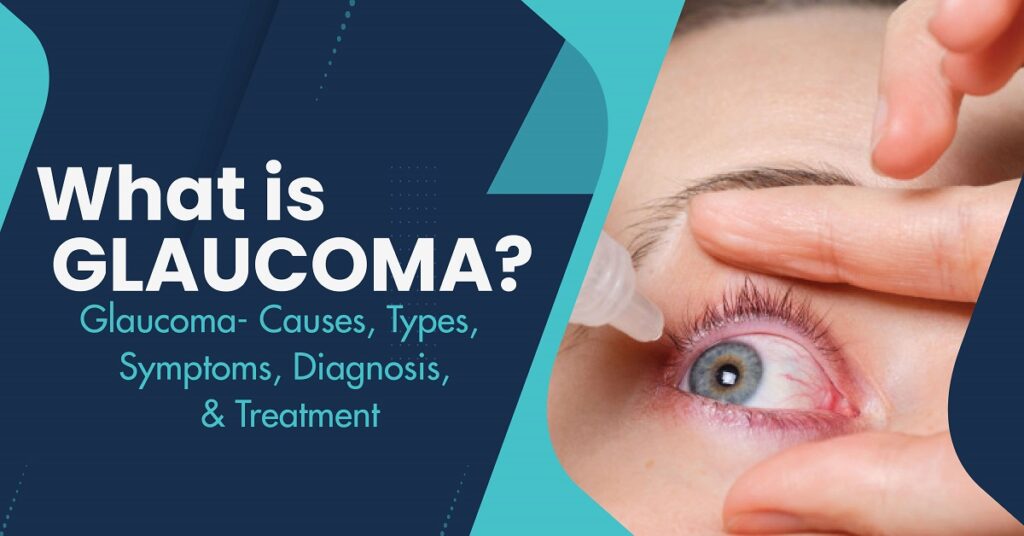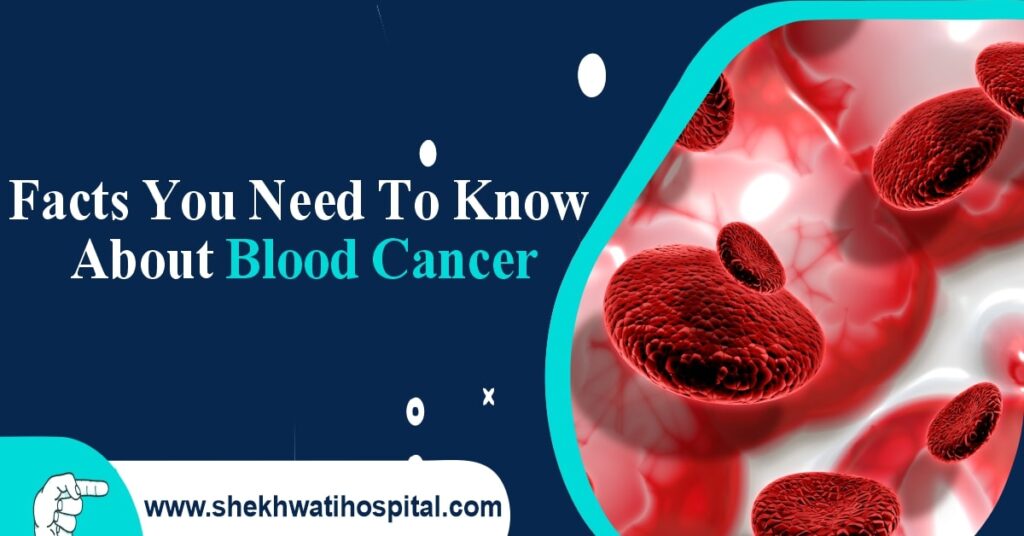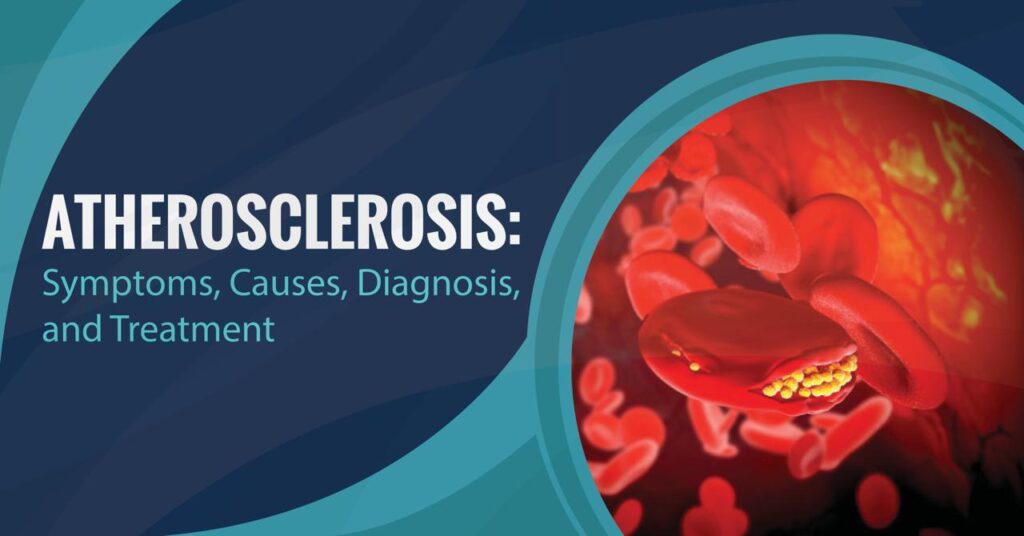A disorder called hyperspermia makes a person create a lot of semen, a fluid that includes sperm. When a person ejaculates during an orgasm, the penis serves as the exit point for semen.
The opposite of hypospermia, which is when a man produces less semen than usual, is this disorder.
Hyperspermia is not very common. Compared to hypospermia, it is far less frequent. Less than 4% of men in Indian research had a high sperm volume. The condition of hyperspermia has no detrimental effects on a man’s health. He might become less fertile, though.
What are the Symptoms of Hyperspermia?
It is advisable to monitor hyperspermia signs to ensure quicker therapy. The difficulties may be overcome with quicker treatment.
Here are some examples of hyperspermia typical signs and symptoms:
- Painful ejaculation
- Delayed ejaculation
- Dizzy feeling after sex
- Fatigued or weakness after sex
- The penis will feel stretched
- The sperm discharge will be yellow
- Sexual drive will be higher than usual
Having hyperspermia will make it difficult for men to get their partner pregnant. Additionally, there is a chance of miscarriage even if they become pregnant. In contrast, men who have hyperspermia will have more sex drives than usual.
What are the causes of hyperspermia?
Although the actual cause of hyperspermia has not yet been identified by specialists, there are a few potential causes that could be to blame:
- Intervals between intercourse. The prolonged intervals between sexual encounters may result in an excessive buildup of ejaculatory fluids, which is one of the possible reasons for hyperspermia.
- A well-balanced diet full of protein, fiber, and other necessary elements can be very healthy for you. However, this type of diet may also cause your body to produce more ejaculatory fluids than usual.
- using steroids Consuming steroids may cause hyperspermia by creating an excessive buildup of ejaculatory secretions.
- medications that increase stamina. Hyperspermia could result from using medicines that increase stamina to improve sexual performance.
infection of the prostate Although it’s uncommon, this illness might arise from an infection in your prostate. - Sexual stimulants. A variety of medicines can be used to boost your sex output. However, these medications can also result in hyperspermia by increasing the volume of semen in your glands.
You can Read Also: Malaria: Causes, Symptoms, Diagnosis, and Treatment
What are the risks of Hyperspermia?
Instead of particular diseases, the problems associated with hyperspermia primarily involve nutritional and behavioral factors. These consist of
- sex drive and sexual performance-enhancing tools and substances. The amount of ejaculation can rise due to increased semen production or semen buildup brought on by a variety of substances and devices.
- high-powered anabolic drugs with a diet rich in nutrients. Consumption of proteins, minerals, and androgens in the diet all have an impact on semen production (the male sex hormones). Increased semen production and an increase in sex drive may result from a diet high in proteins, fiber, and nutritional value as well as from the use of androgenic steroid hormones.
- sexual restraint. Semen can accumulate over longer intervals between ejaculations, increasing the amount of semen released during ejaculation.
The following are some conditions and complications associated with hyperspermia:
- Cryptozoospermia: No observable sperm in fresh samples
- Necrozoospermia: Low percentage of live Sperm
- Asthenozoospermia (Reduced Sperm Motility)
- Azoospermia (Semen does not contain sperm)
- Prostatitis is a swelling of the prostate gland.
- Low sexual satisfaction
Is Hyperspermia a cause of infertility?
Hyperspermia may occasionally result in decreased fertility. Because the additional fluid in the semen dilutes the levels, some individuals with high semen volumes may have less sperm than usual in their ejaculate. Fertility is adversely impacted by this dilution.
However, having a low sperm count does not guarantee infertility. A person with hyperspermia can nonetheless become pregnant. The fertility of those with hyperspermia who have normal to high sperm counts in their ejaculate is usually unaffected.
How is hyperspermia diagnosed?
It is advised that you take extra care of your body if it generates too much semen. You should think about contacting a doctor who can assist in treating the illness.
Additionally, you need to contact a doctor if several attempts to get your spouse pregnant have failed. The doctor typically advises getting a physical. Checking the sperm count is advised if you want to finally increase fertility.
To determine your fertility, the doctor could run a variety of tests. Common tests that will aid in analyzing the condition include the following
1. Tests for hormones. A blood test called a hormone test will determine whether or not your body has enough testosterone. It will also determine if your body produces any additional masculine hormones. One of the primary causes of infertility is low testosterone.
2. Semen examination. The physician will take a sample of semen for analysis. During sex, you might ejaculate in the cup. The physician will provide a sample to a lab, where the technician will count and examine the sperm.
Additionally, the lab’s technicians will examine the sperm’s quality. They can use it to evaluate if your sperm is potent enough to cause your partner to become pregnant.
3. Imaging. The doctor will then do imaging tests, such as ultrasounds, to examine your testicles and other reproductive organs to identify the issues causing your infertility.
When to See a Doctor?
When you have hyperspermia, you create ejaculatory fluids that are greater than usual. Semen is the term for the fluid that is ejaculated after copulation and contains sperm as well as other fluids created by your prostate gland.
Recent research indicates that it is a rather uncommon disorder in India, affecting just 5–10% of males (especially when compared to hypospermia). Hyperspermia has no negative consequences on your health outside of how much sperm you have and how fertile you are.
If you are concerned that you are making too much semen or have been trying to conceive naturally for more than a year and are still unsuccessful, you might want to talk to your doctor.
You can Read Also: 8 Best Rear Delt Exercises to Improve Posterior Deltoid Strength
Treatment of Hyperspermia
Men with hyperspermia frequently do not require medical attention. Low sperm counts will have a detrimental effect on fertility. When trying to conceive, individuals may experience difficulties. The doctors could suggest several treatments to improve fertility.
The following are some typical methods the doctor will use to assist in enhancing fertility:
1. Medication.
Your doctor might advise estrogen receptor blockers if your sperm count is poor as a result of hyperspermia.
Clomiphene citrate is one of the additional medications that can stimulate the brain to boost sperm production. But this is an off-label application of the medication. To assess the effect of the same, it is advised to choose reputable studies.
2. Assisted Reproductive Therapy.
Assist Reproductive Therapy, or ART is a medical procedure that helps patients improve their chances of conceiving. It could involve several procedures including in vitro fertilization and intracytoplasmic sperm injection.
It involves the mixing of sperm and eggs, which often occurs outside of the body. The egg will be sent to the uterus to determine growth after fertilization. This will improve the likelihood of getting pregnant or conceiving. ART can considerably increase the likelihood of conception, which can result in the birth of children all over the world.
3. Sperm retrieval technique.
Techniques for retrieving sperm are utilized for in vitro fertilization. There are many ways to obtain sperm. This technique is only employed in specific circumstances, such as determining the patient’s need, the cause of low sperm count, and the surgeon’s abilities. The following are a few sperm retrieval methods:
- Microsurgical Epididymal sperm aspiration (MESA)
- Electroejaculation (EEJ)
- Testicular sperm extraction (TESE)
- Percutaneous epididymal sperm aspiration (PESA)
- Penile vibratory stimulation (PVS)
- Microsurgical testicular sperm extraction (micro-TESE)
- Testicular sperm aspiration (TESA)
- TESA with Mapping
4. IVF or ICSI to achieve pregnancy
IVF or ICSI is two other treatments you can utilize to treat hyperspermia. Other issues involving malefactors, such as sperm motility, sperm count, etc., are also treated with it. Infertility in women with early ovarian failure, uterine fibroids, ovulation disorders, etc. is also treated with it. ICSI, or intracytoplasmic sperm injection, is helpful in the therapy of hyperspermia.









